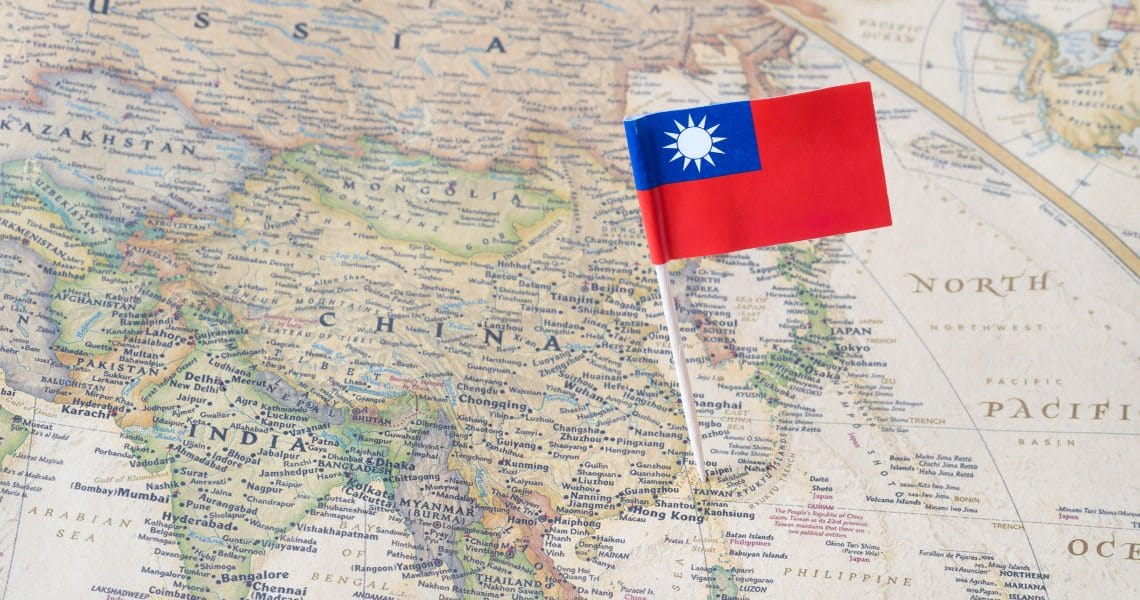According to Taiwan’s Minister of Digital Affairs, blockchain is a top priority for the country.
She revealed this recently during an interview, in which she also announced that they are already experimenting with a very promising technology based on distributed registers to help the government listen to citizens on a large scale.
Audrey Tang is a 38-year-old computer scientist considered to be one of the top ten big names in Taiwanese computer science and has been the country’s digital minister since 2016.
In Taiwan, distributed ledger technology is already being used to track water and air pollution, for example, and is one of the countries in the world that is making giant strides forward in the use of new technologies.
The country has only recently become democratic since 1996 and it is evolving strongly.
According to Tang, part of this evolution must also concern the development of new technologies based on blockchain and DLT.
“Ledgers are very promising. [They are] a cheap way to build accountability and some sort of legitimacy across sectors. Through shared ledgers, people can nevertheless agree on something that previously would require expensive auditing.”
This would make the DLTs particularly useful for governance issues, so much so that in the Minister’s view, governments could very easily share the burden between different sectors instead of paying auditors’ fees.
In addition, during the recent Taiwanese Presidential Hackathon a project based on DLTs was selected and promoted by the Minister herself to create a solar-powered economic device that measures water pollutants and records its results on a distributed register.
The objective would be to check for possible pollution of watercourses or agricultural land in order to cut off electricity or water supplies to the plants that produce them.
In this way, plants that wish to be recognised as non-polluting could join the initiative and install the device in order to prove that they are not, even in the face of accusations made against them.
This project is still only in the proof-of-concept phase, but a similar project, which measures air quality, is already up and running.
In addition, the same government set up the “Taiwan Blockchain Alliance” some time ago, together with universities and industry, to work on other projects in this area, such as the tracking of Taipei trash cans on DLT.
Tang argues that this new technology should not be imposed on the population, spreading it without asking people to change their behaviour to adapt to new technologies.
On the other hand, she argues that decentralised governance, if properly designed, can encourage much more inclusive voluntary participation in democratic processes.
In particular, it could, for example, allow anyone to share ideas in a working group, without having to be elected as a representative.
For Tang, this new collaborative governance offers a whole new way of creating legitimacy, without the need for armies or police forces to enforce it.
In this sense, the minister’s work aims to create online platforms to make it easier for people to reach agreement.
In this regard, she said:
“The more people participate in governance, the better the governance mechanism becomes. Then they will actually, through social innovation, demonstrate viable prototypes. The government’s role is just to make sure to amplify those viable prototypes so that people can voluntarily join“.




